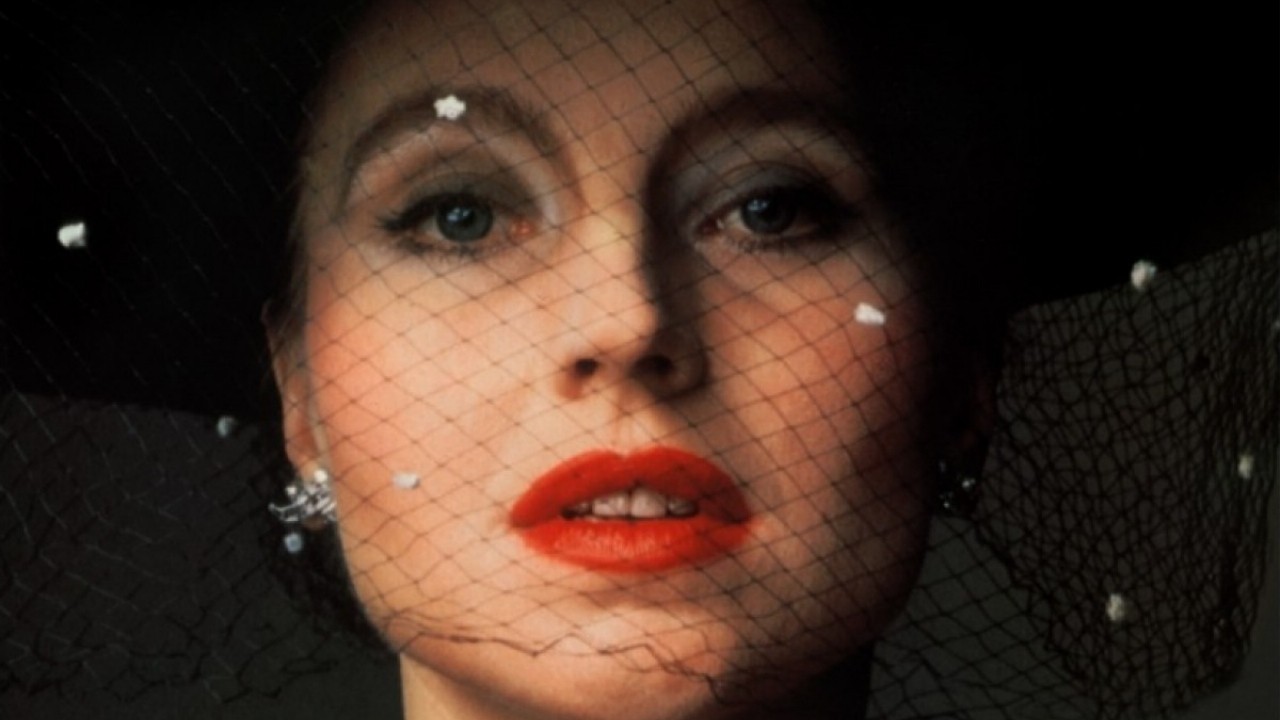
There are so many films you can pick as an educator. You want to guide the world towards the best works imaginable. The thing is, you will undoubtedly discover so many works you never could have even dreamed of once you go down this rabbit hole. You watch Persona, and demand that your class watches it because it is the birth of that kind of cinema. However, any work, even the best of the best, is influenced by something else.
Do you start from the very beginning, or jump right to the most definitive work? If you do the latter, it might not always be easy to pick the right film (as there can be a few). With all of this deciding, it’s very easy to forget a few worthy titles, and that’s understandable.
Of course, so many works are covered in Film 101. How many of you discovered Citizen Kane, Breathless, Dr. Caligari, Battleship Potemkin, Bicycle Thieves or Double Indemnity through class? How many of you had to watch Avatar in three different lectures (me. I had to. Sigh)?
Depending on what is mandatory in a rubric, and what is suggested by your professor’s discretion, many important films have been covered in class. However, I can think of at least ten that may have been forgotten by your university or college. I could be wrong. Maybe one or two (or all) of these were brought up in your institution of choice. I can’t speak on behalf of the entire world, but I can analyze what the go-to films are in university and try and revisit the forgotten films. I can try and assess which directors may get some love, and see which of their deserving films are rarely used as focal points in a class.
Either way, I hope this inspires professors to use these works in their lecture halls. Here are ten movie masterpieces you don’t watch in film schools (that should be taught).
1. Celine and Julie Go Boating
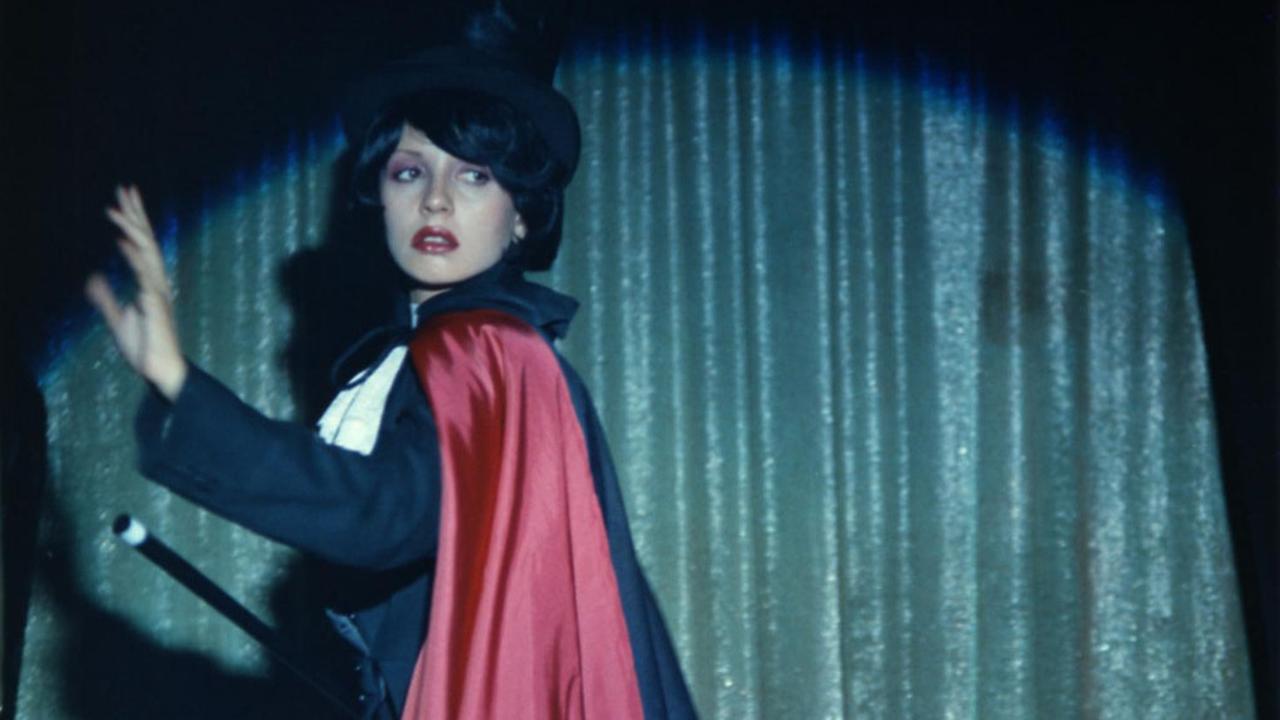
Jacques Rivette’s experimental opus is one that messes around with editing and sequencing. The idea of “magic” is used as a substantial enough excuse to toy with the basic fundamentals of filmmaking and storytelling.
Magic, in fact, is one of the original elements of filmmaking; let’s not forget that artists like Georges Méliès used film as a new form of performing illusions to the masses. Magic is used a little bit differently here, though. This is an artistic magic; an explosion of imagination, if you will.
This is an adventure into a new reality and a different mindset, and daring works of this nature are worthy of being examined on a large scale. This is narrative and structural experimentation that has to be worthy of analysis somewhere.
2. Daisies
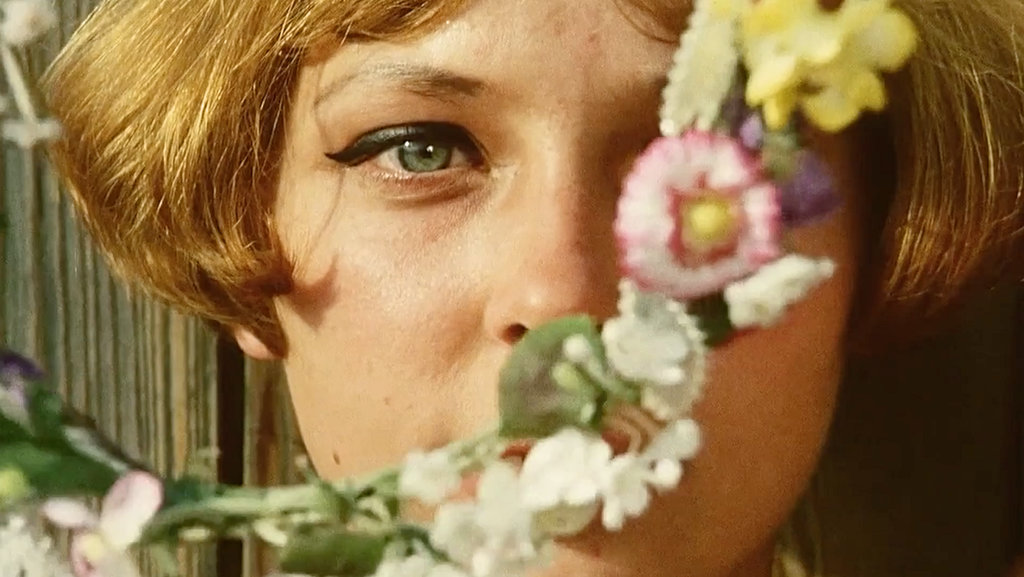
In 2018, a post #metoo world is branching out towards the forgotten works of the overlooked masters of yesteryear. Vera Chytilová’s feminist opus Daisies might be making waves within cult circles in recent years, but this is the opportunity to observe it with a new lens once more. It’s blatantly experimental in nature, yes, but this abrasiveness is worth of much discussion.
What masses was Daisies trying to attract? What audiences was it trying to repel? Is this the way Chytilová’s views could be most accurately depicted? As Daisies is now an influential film, its idiosyncratic style may not be quite as shocking as it once was. However, its boldness remains, and that is always worthy of discussion. It’s time to revisit this one, folks.
3. It’s Such a Beautiful Day

Don Hertzfeldt might be mostly known for his Reject Cartoons (“I am a banana”) and World of Tomorrow shorts, and there’s nothing wrong with that. It’s Such a Beautiful Day is hardly a forgotten film, as it’s being acknowledged as one of the great animated films of all time. However, it might just be the right moment to start introducing this one in the classroom.
It’s clearly a groundbreaking feat in terms of its creation (one person single handedly animating and shooting the entire film himself, with only a handful of people to help in other ways). Its creative depiction of mental illnesses is also worth looking at, since the entire picture is devoted to using cinema as a representation of one man’s failing mind. It’s Such a Beautiful Day is a moving work that is a recent marvel that can be written about like there’s no tomorrow.
4. The Last Command
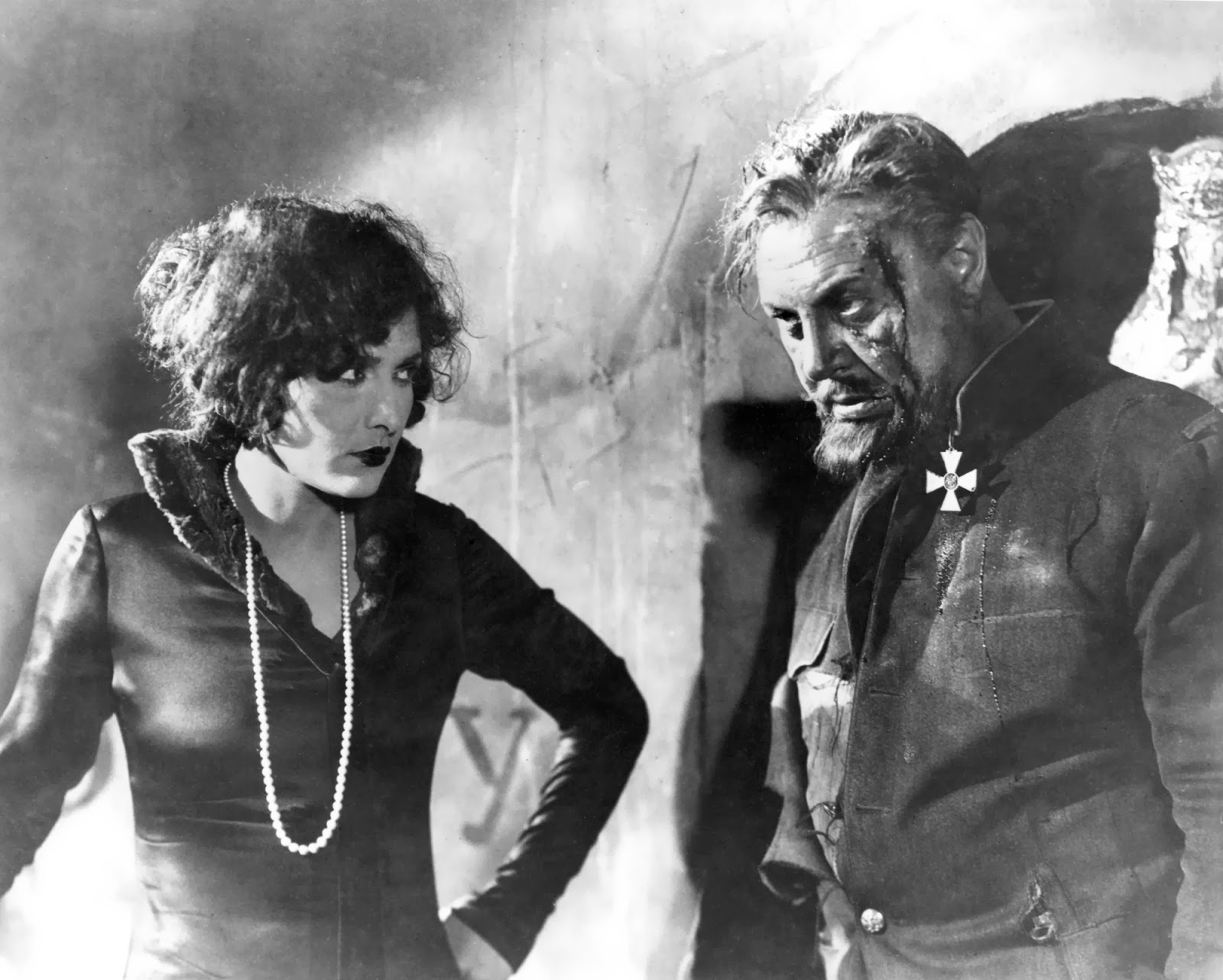
Josef von Sternberg is definitely having some sort of a renaissance, when it comes to the work he did with Marlene Dietrich being celebrated once again. These works are absolutely worthy of being shown in class (if your classes aren’t studying them, include them on this list). Yet, we’re going to look at his silent film masterpiece The Last Command.
First off, this might be a very interesting director to examine when it comes to the transition from silent cinema into the world of talkies. It’s almost as if von Sternberg was quickly adapting to the earliest mainstream talkies of that time period, because The Last Command operates like a talkie without sound.
The musical cues, editing, shot selection, and acting are really ahead of their time. Secondly, it’s a great depiction of how film can power culture, with its tale of politics clashing with filmmaking.
5. The Lost Weekend
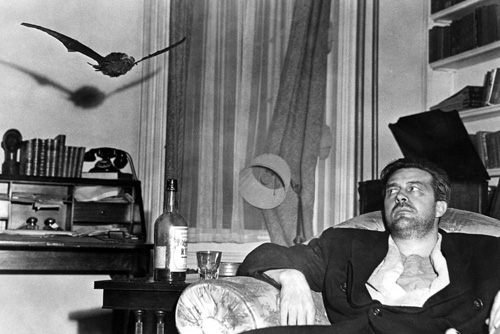
If we’re going to be studying Billy Wilder at all (damn right we should be), it might be worthwhile to not just focus on the same couple of examples over and over again. Double Indemnity, Sunset Boulevard, The Apartment, Some Like it Hot, and Sabrina are all fine and important films.
One work of Wilder’s that deserves some academic attention is The Lost Weekend; oddly enough, this was the first film of Wilder’s to win Best Picture (and the Grand Prix at Cannes), so it wasn’t exactly slept on when it first came out.
Unquestionably dark for its time, The Lost Weekend is a dismal look at alcohol addiction told in a very literary sense. Seeing that it is, in fact, an adaptation of a Charles R. Jackson novel, Wilder went through great lengths to make the adaptation resonate as a visual book; certain thoughts, hallucinations, and scene set ups feel as if you are reading them and concocting these images yourself.
The Lost Weekend is a well shot work with stellar acting and solid story writing that has literal and artistic elements that are both susceptible to a proper academic dissection.